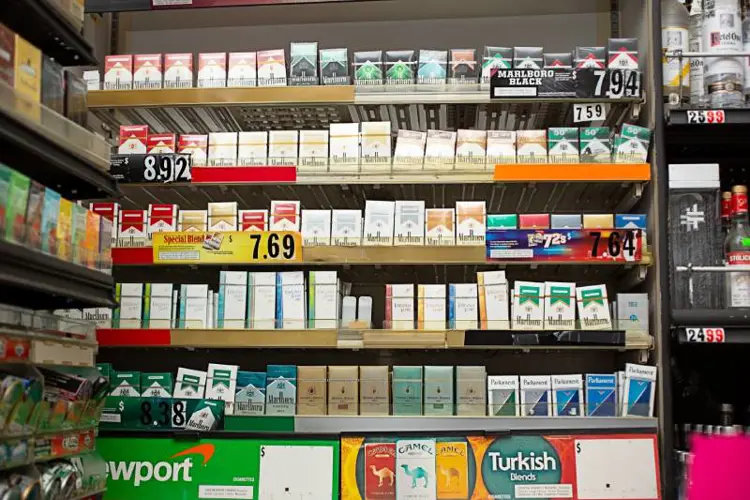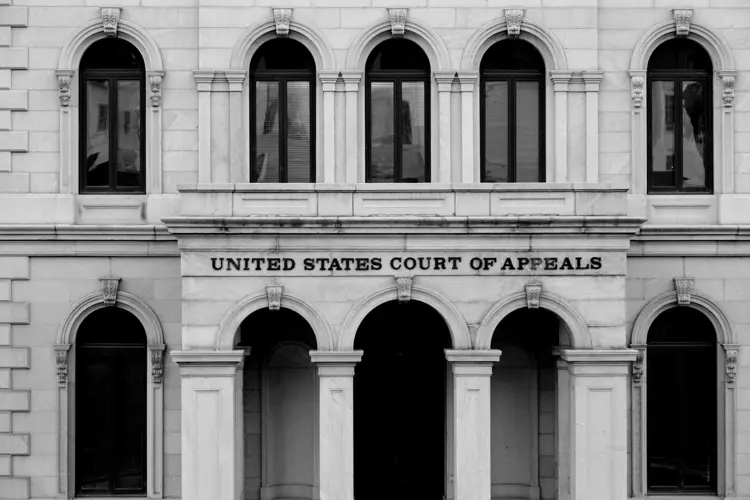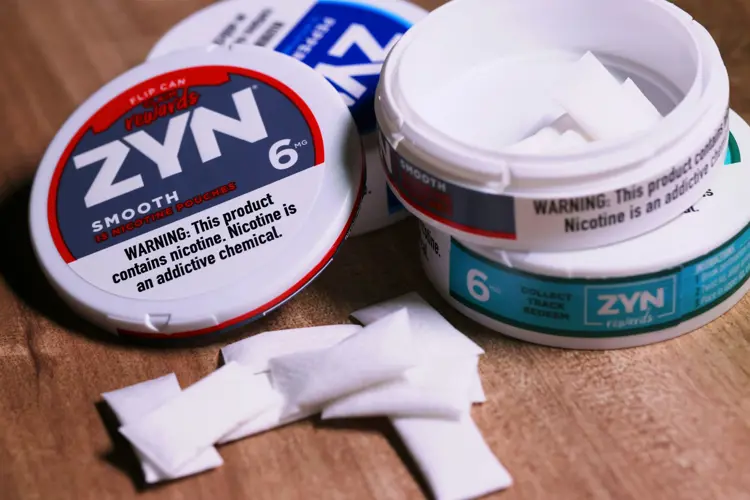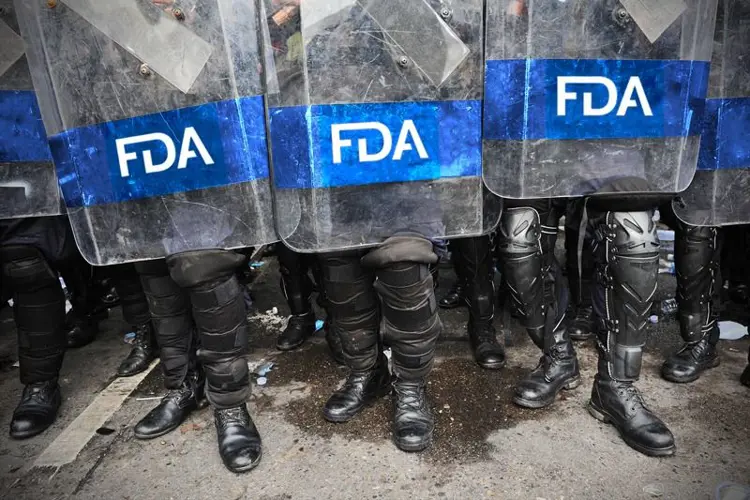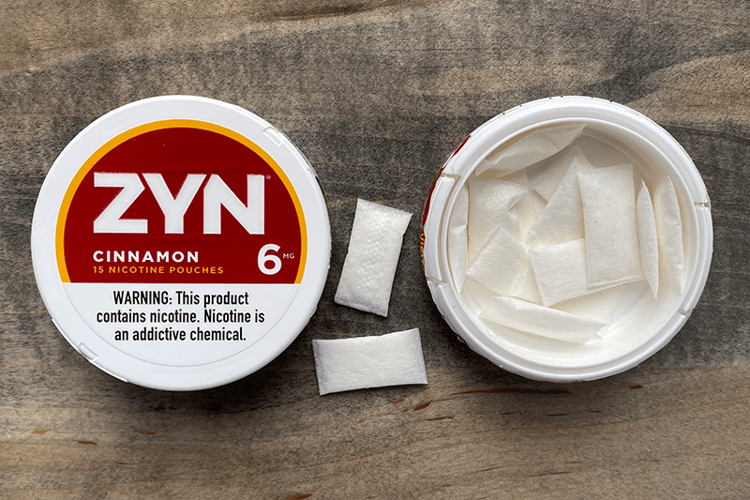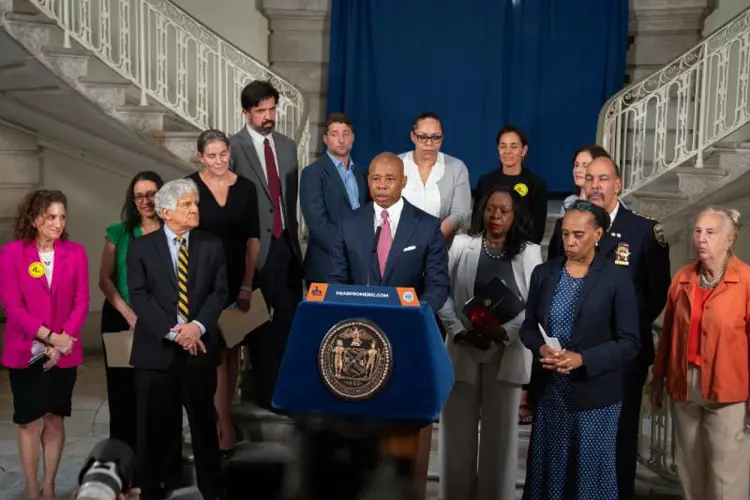Dec. 21, 2020
Along with welcome coronavirus economic relief, the 2021 omnibus spending bill that Congress must pass today contains an unwelcome holiday gift for vapers: serious restrictions on vape product shipping that will change the retail vape market for the worse.
The “Preventing Online Sales of E-Cigarettes to Children Act” was described by many (including me) as the “vape mail ban.” The law does in fact require the U.S. Postal Service to create its own regulations within 120 days banning U.S. Mail delivery of vaping products—whether they contain nicotine or not. (You can read the exact wording of the bill here on page 5136.)
But the “Preventing Online Sales of E-Cigarettes to Children Act” does much more than ending vape mail. The new law will force shippers of nicotine and cannabis vaping products to comply with the Prevent All Cigarette Trafficking (PACT) Act, which imposes stringent rules on online sellers. (The PACT Act is part of the larger federal Jenkins Act.)
Online retailers will be required to:
- Register with the U.S. Attorney General
- Verify age of customers using a commercially available database
- Use private shipping services that collect an adult signature at the point of delivery
- If selling in states that tax vaping products, sellers must register with the federal government and with the tobacco tax administrators of the states
- Collect all applicable local and state taxes, and affix any required tax stamps to the products sold
- Send each taxing state’s tax administrator a list of all transactions with customers in their state, including the names and addresses of each customer sold to, and the quantities and type of each product sold
- Maintain records for five years of any “delivery interrupted because the carrier or service determines or has reason to believe that the person ordering the delivery is in violation of the [PACT Act]”
Sellers who do not register or don’t comply with the shipping and reporting rules of the PACT Act are subject to severe penalties, including up to three years in prison.
“If the increase in shipping costs wasn’t enough, the bill also imposes huge paperwork burdens on small retailers, and backs it up with threats of imprisonment for even innocent mistakes,” American Vaping Association President Gregory Conley said in a statement. “This is not a law designed to regulate the mail-order sale of vaping products to adults; it’s an attempt to eliminate it.”
The product definitions in the law appear to include e-liquid and devices that contain no nicotine, contain only CBD, or are designed to be used solely with THC oil. “The term ‘electronic nicotine delivery system’...means any electronic device that, through an aerosolized solution, delivers nicotine, flavor, or any other substance to the user,” it says.
The PACT Act provisions of the new law will take effect in 90 days. Online vape retailers and manufacturers who ship directly to customers will be studying the law with their lawyers in the coming weeks to determine if they’re able to meet the exacting requirements of shipping products that fall under the PACT Act.
With the USPS off limits for online sellers, private delivery services will immediately be pressured by anti-tobacco (and -vaping) groups to prohibit shipping of vaping products. One service—Fedex—has already announced that it will end all shipping of vaping products early next year.
“As of March 1, 2021, FedEx will begin prohibiting electronic cigarettes, vaping liquids, and other vaping products in the FedEx global network,” a spokesperson for the company told Vaping360 last Friday.
You can read our previous coverage of the “Preventing Online Sales of E-Cigarettes to Children Act” here:
- URGENT: Stop Congress from Restricting Online Vape Sales - Dec. 10, 2020
- Tell Congress to Reject the Vape Mail Ban (While You Still Can) - Aug. 11, 2020
- Vape Mail Ban Passes the Senate; House Vote in Two Weeks - July 7, 2020
The Freemax REXA PRO and REXA SMART are highly advanced pod vapes, offering seemingly endless features, beautiful touchscreens, and new DUOMAX pods.
The OXVA XLIM Pro 2 DNA is powered by a custom-made Evolv DNA chipset, offering a Replay function and dry hit protection. Read our review to find out more.
The SKE Bar is a 2 mL replaceable pod vape with a 500 mAh battery, a 1.2-ohm mesh coil, and 35 flavors to choose from in 2% nicotine.
Because of declining cigarette sales, state governments in the U.S. and countries around the world are looking to vapor products as a new source of tax revenue.
The legal age to buy e-cigarettes and other vaping products varies around the world. The United States recently changed the legal minimum sales age to 21.
A list of vaping product flavor bans and online sales bans in the United States, and sales and possession bans in other countries.









